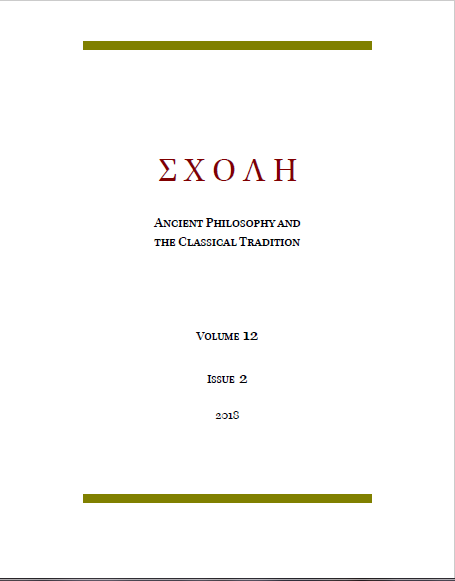ПЛАТОН, ЭВИДЕНЦИАЛИЗМ И JTB
PLATO, EVIDENTIALISM, AND JTB
Author(s): Pavel ButakovSubject(s): Epistemology, Ancient Philosphy
Published by: Новосибирский государственный университет
Keywords: Plato; knowledge; belief; Gettier; justified true belief; evidence; evidentialism;
Summary/Abstract: It is often claimed that Plato’s definition of knowledge as “true opinion with an account” is in agreement with the contemporary analysis of knowledge as “justified true belief” (JTB). Some scholars disagree with the attribution of JTB to Plato. I analyze three influential arguments against the assumption of Plato’s agreement with JTB, and refute them. Then I provide my own argument against the assumption. I argue that the contemporary interpretation of the JTB formula understands “belief” not in the sense of an “opinion,” but rather of a “degree of confidence.” Accordingly, “justification” is understood not as applying to the opinion itself, but rather to the person having a certain degree of confidence. I support this claim by showing the difference between the traditional and the contemporary understanding of “evidence,” the former referring to a property of the proposition, while the latter meaning the body of reasons, which supports the person’s confidence to a certain degree. Thus, I conclude that Plato understands knowledge as “correct opinion validated by a rational explanation,” and it has very little in common with the contemporary understanding of knowledge as “sufficiently supported subjective degree of confidence in the truth of a proposition.”
Journal: ΣΧΟΛΗ. Философское антиковедение и классическая традиция
- Issue Year: XII/2018
- Issue No: 2
- Page Range: 669-685
- Page Count: 17
- Language: Russian

